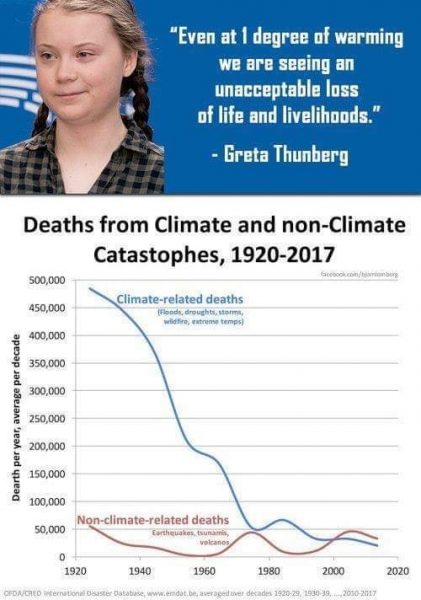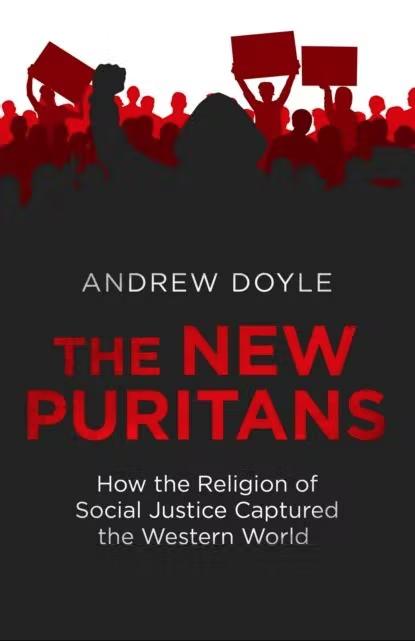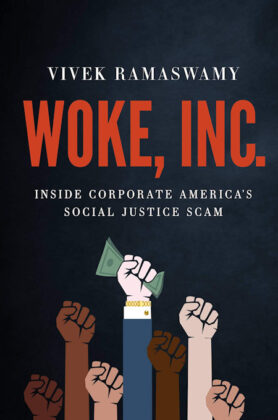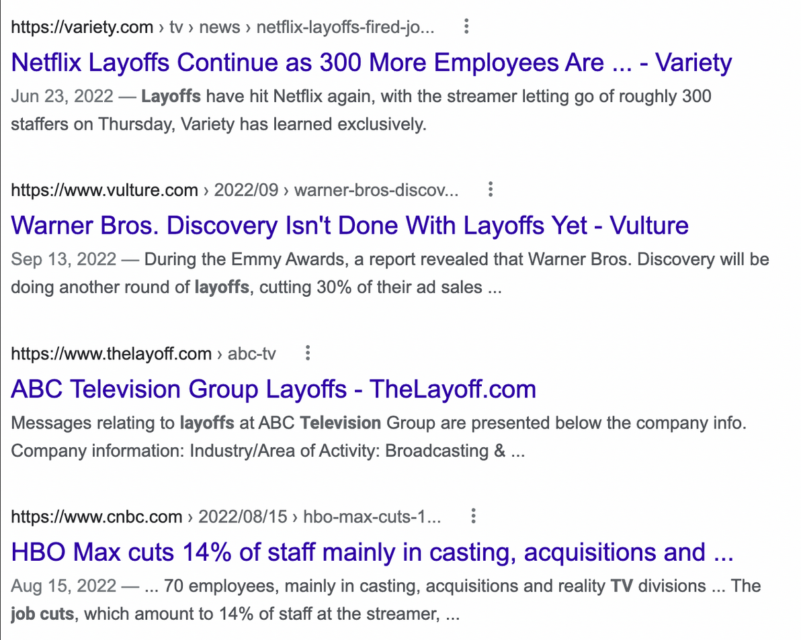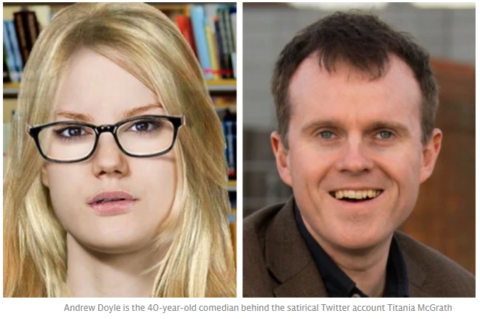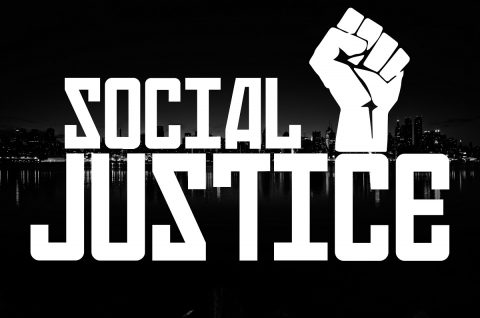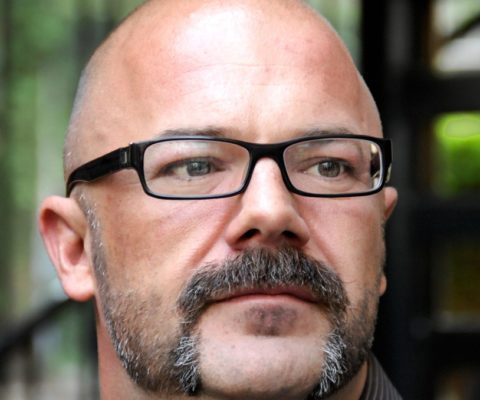Dr. Rainer Zitelmann on the clear declarations of climate activists that abolishing capitalism is part of their overall goal:
For the last three years, Greta Thunberg has said that her life’s purpose was to save the world from climate change. Now she told an audience in London that climate activists must overthrow “the whole capitalist system”, which she says is responsible for “imperialism, oppression, genocide … racist, oppressive extractionism”. The “activists” of the doomsday cult “Last Generation” say quite openly that their goal is the abolition of capitalism.
Examine the standard work of anti-capitalist climate change activists, and you will quickly see what I mean. Naomi Klein, the popular critic of capitalism and globalization, admits she initially had no particular interest in the issues surrounding and related to climate change. Then, in 2014, she wrote a hefty 500-page tome called This Changes Everything: Capitalism vs. The Climate.
Why did she suddenly become so interested in climate change? Well, prior to writing this 2014 book, Klein’s main interest was the fight against free trade and globalization.
She admits in her writing: “I was propelled into a deeper engagement with [the topic of climate change] partly because I realized it could be a catalyst for forms of social and economic justice in which I already believed.” And she hopes for “a new kind of climate movement to take up the fight against so-called free trade”. She strictly rejects highly efficient solutions, such as climate-friendly nuclear energy, because she is not at all interested in solutions within the framework of capitalism.
Klein writes that she recognizes that climate change presents a chance to “collectively use the crisis to leap somewhere that seems, frankly, better than where we are right now” and “that climate change could become a catalyzing force for positive change … it could be the best argument progressives have ever had … to reclaim our democracies from corrosive corporate influence; to block harmful new free trade deals … to open borders to migrants.” The climate crisis could “form the basis of a powerful mass movement”, and this movement should set itself the following objectives:
- to “radically expand the commons” (i.e., state-owned property and resources)
- to introduce a “carefully planned economy”
- to “change pretty much everything about our economy”
- to introduce “new taxes, new public works programs”
- “reversals of privatizations”
- “extinction for the richest and most powerful industry the world has ever known — the oil and gas industry”
- government guidelines on “how often we drive, how often we fly, whether our food has to be flown to get to us, whether the goods we buy are built to last … how large our homes are”
- “a fundamental reordering of the component parts of Gross Domestic Product”
- “less private investment in producing for excessive consumption”
- “increased government spending”
- “a great deal more redistribution”
Klein embraces a suggestion that the well-off 20 percent in a population take the largest cuts in order to create a fairer society. She argues that “our economic system and our planetary system are now at war”, and the only suitable response is “revolutionary change to the political and economic hegemony”.

